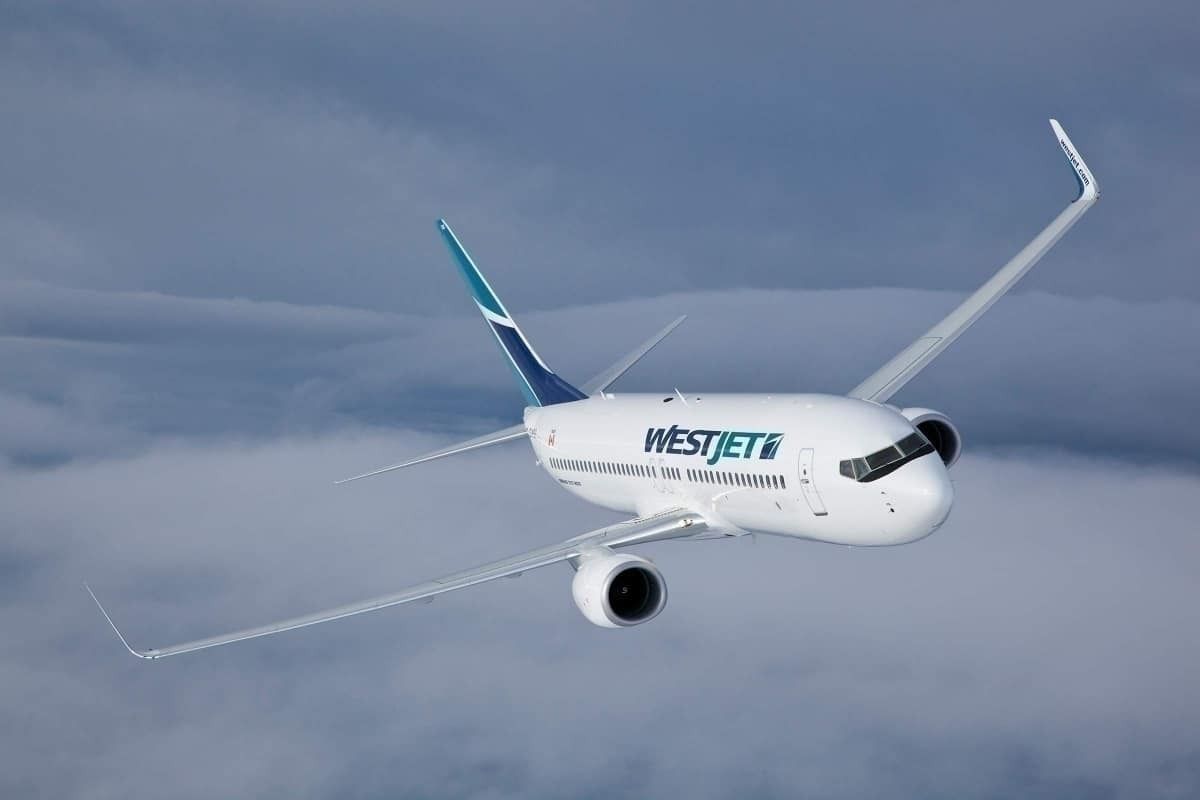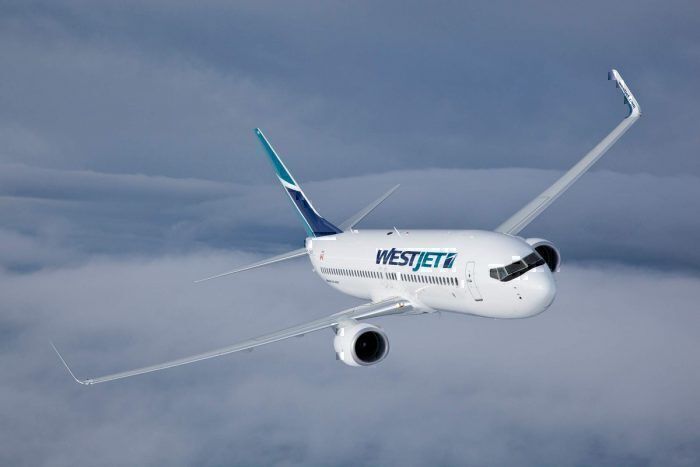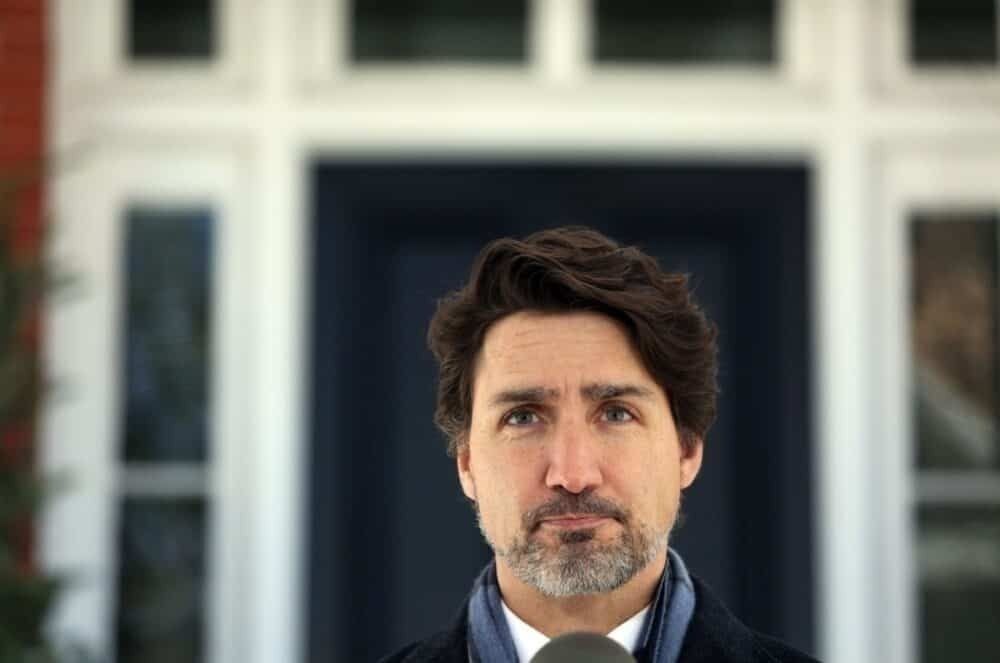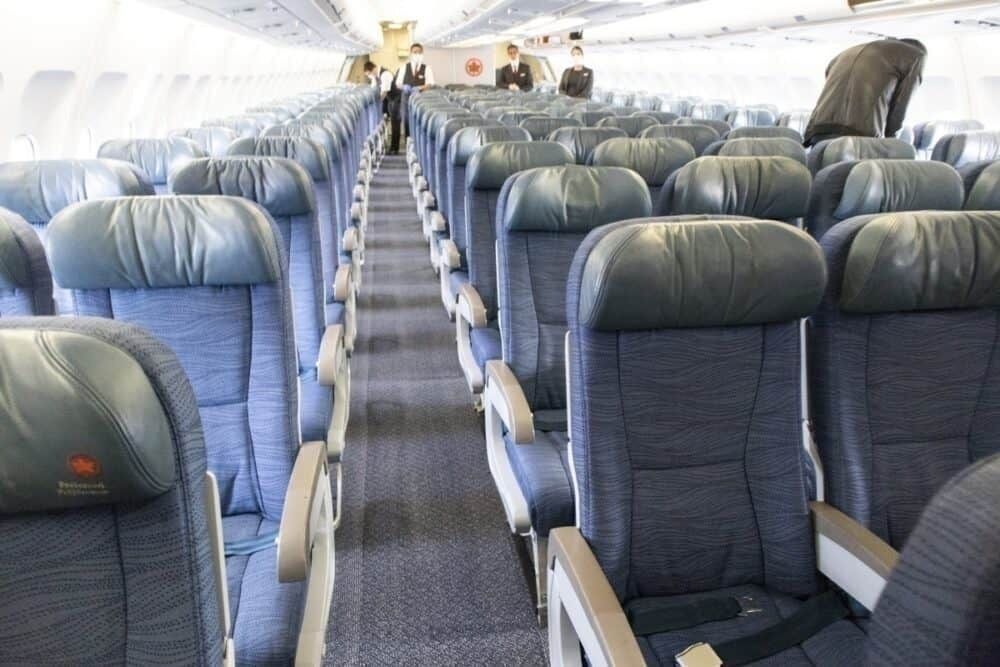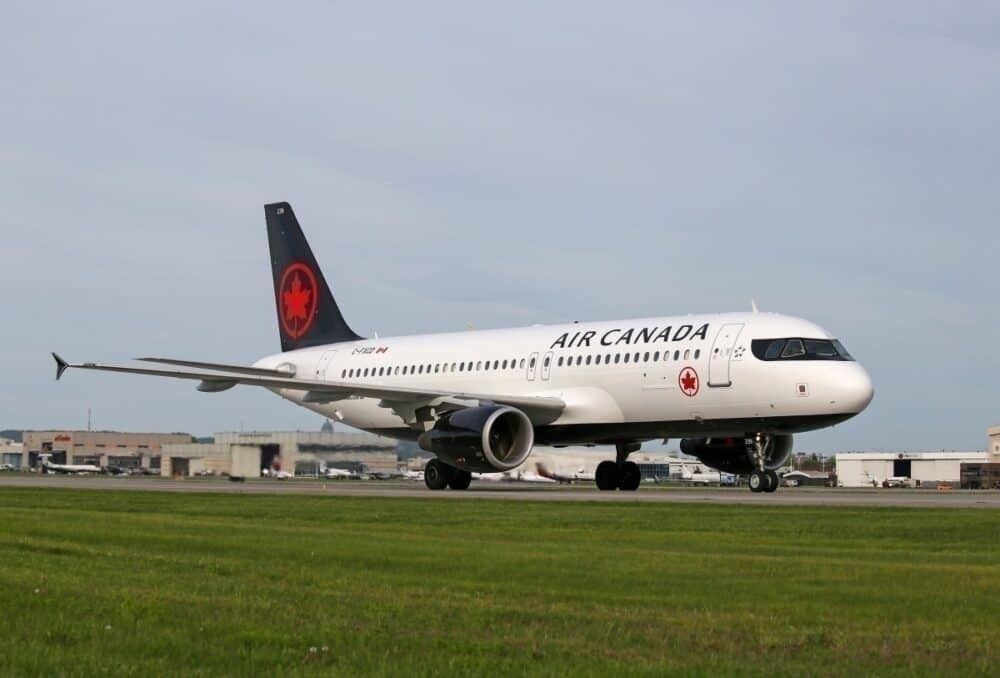Canada's Prime Minister is finally commenting on a topic that many Canadian's have been extremely vocal about since the COVID-19 pandemic started. This morning, Justin Trudeau said that his government acknowledges that many travelers are now out of pocket for canceled flights and that discussions will be had with various stakeholders to "figure out a way forward." His remarks come almost a week after it was discovered that Air Canada has plans to cut as many as 20,000 jobs in the coming weeks.
The Prime Minister's statement
The remarks were made during the PM's Thursday morning address to the nation. During the question period, a member of the media asked the following question (translated from French):
"Recently Air Canada had about C$2.6 billion in fares sold and not refunded. Is your government going to make assistance to airlines conditional on the extent to which they refund their passengers?"
For reference, C$2.6 billion is equivalent to US$1.86 billion.
The following was Trudeau's response to the question:
"We recognize how impacted air travel and airlines are by this COVID-19 pandemic, we also recognize that many Canadians are out of pocket for tickets that they are obviously not going to be using. We need to have some very careful discussions with airlines, with the air travel sector and wit Canadians who are concerned, to try and figure out a way forward and ensure that Canadians are treated fairly and our airline industry remains there for when our economy picks up again."
Statement analysis
There's certainly not much to glean from Trudeau's response to the question. Still, this vague and unclear answer tells us that the issue of refunds is not yet off the table and that the government may still weigh in on the issue. However, in that same vein, there is no guarantee that the government will intervene and come to the rescue of out-of-pocket travelers.
One key piece of background information is the planned layoffs at the nation's largest airline - Air Canada. With an estimated 50-60% of the airline's employees on "the chopping block," many are anticipating some form of government intervention similar to what has been provided to the fishing and farming sectors of Canada (though support would need to be substantially more).
Therefore, if the government is to provide financial assistance, many are demanding that conditions should be attached - including the provision that refunds are issued to travelers who request them.
The government must step in
According to Canadian Air Passenger Rights Advocate, Gabor Lukacs, the Trudeau Government is "abdicating its responsibilities to Canadians, and are aiding and abetting airlines to hold Canadians hostage -- not only financially, but by veiled threats on the supply chain."
He says that Under section 47 of the Canada Transportation Act, the government can and
should step in to protect critical transpiration infrastructure. With respect to airlines, he says that among other things, the government should demand full transparency on financials and that airlines price their services at fair market value. He also says that executive pay should be frozen or cut, and an independent firm should conduct an audit of major airlines.
WestJet responded to our inquiry with a largely pre-written statement that we've posted in previous articles. This includes a reminder that as per the Canadian Transportation Agency, airline tariffs do not always provide for cash refunds especially in cases beyond airline control. As such,WestJet believes refunding with travel credits is an appropriate and responsible approach in extraordinary circumstances such as the COVID-19 crisis.
Conclusion
As stated in a previous article, there was anticipation that we would see some announcement around financial assistance to the Canadian aviation sector by the end of this week. However, with only one day left in the workweek, we may have to wait longer.
What kinds of conditions would you like to see attached to financial assistance from the government? Do you think the Canadian government will side more with airlines or consumers? Let us know your thoughts in the comments.
Simple Flying also reached out to Air Canada for a response, however, the airline has yet to respond to our inquiry.

